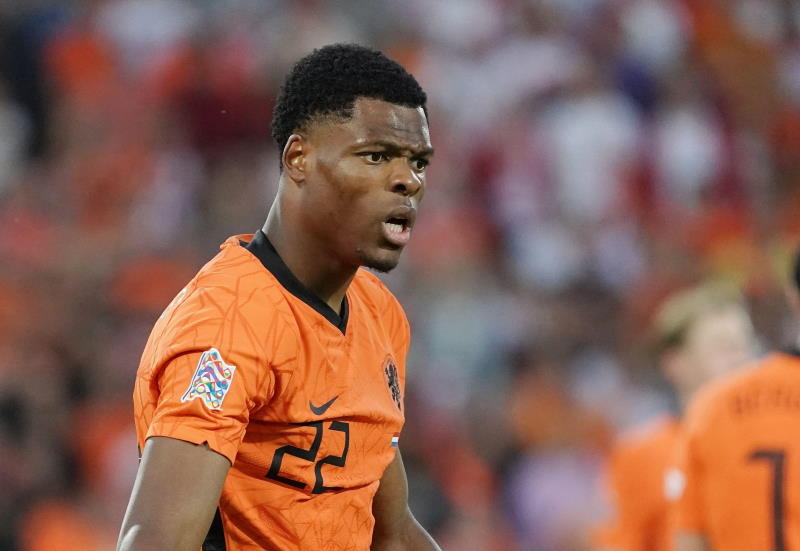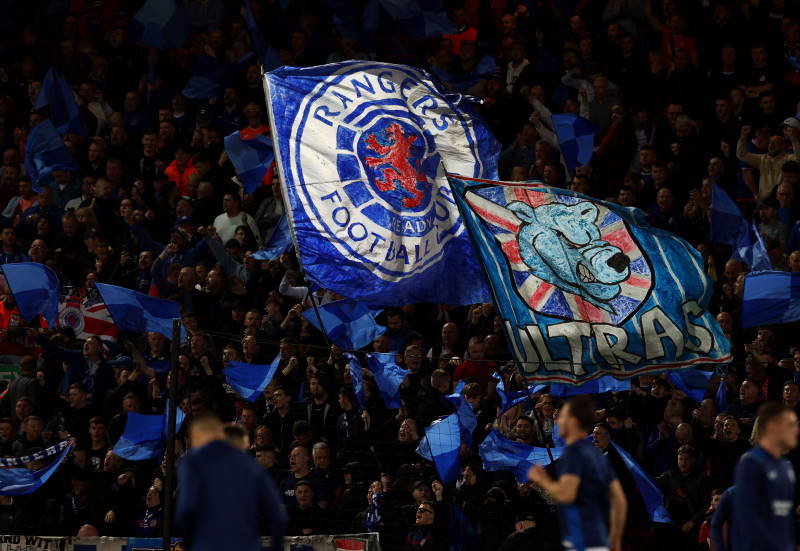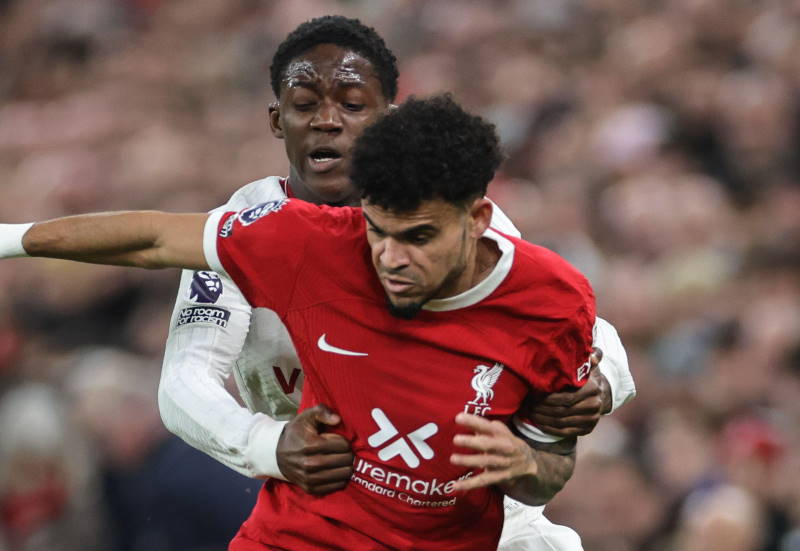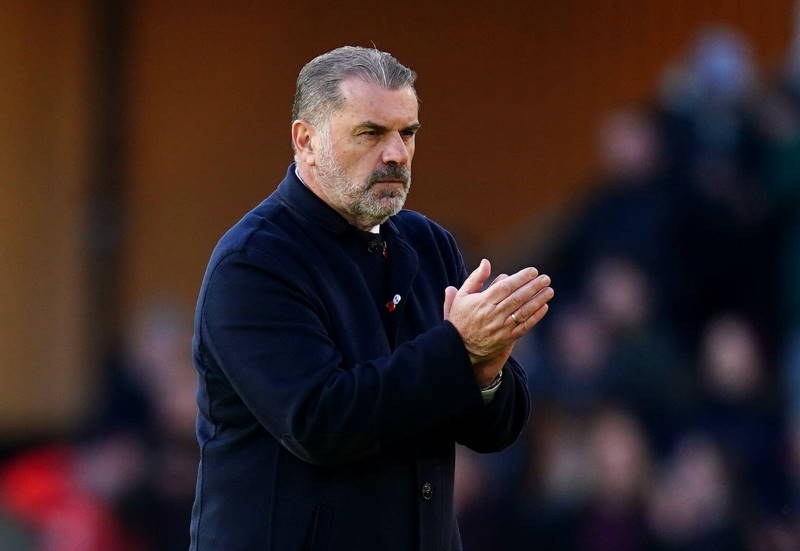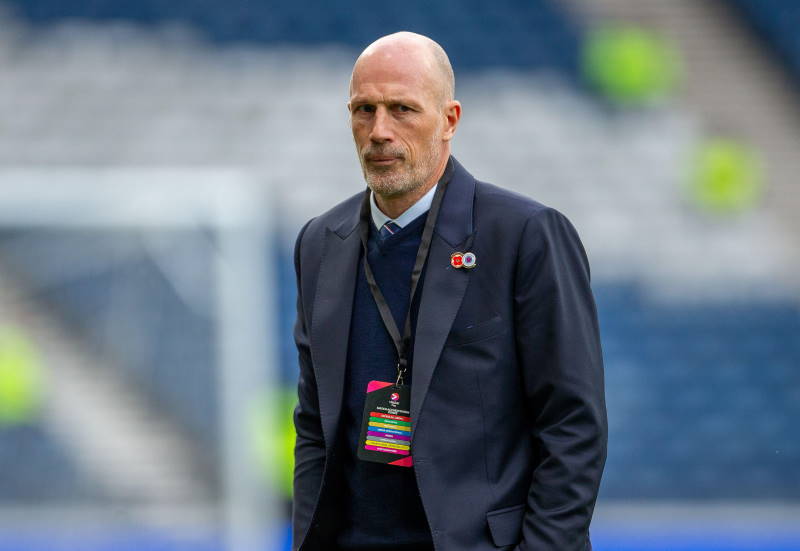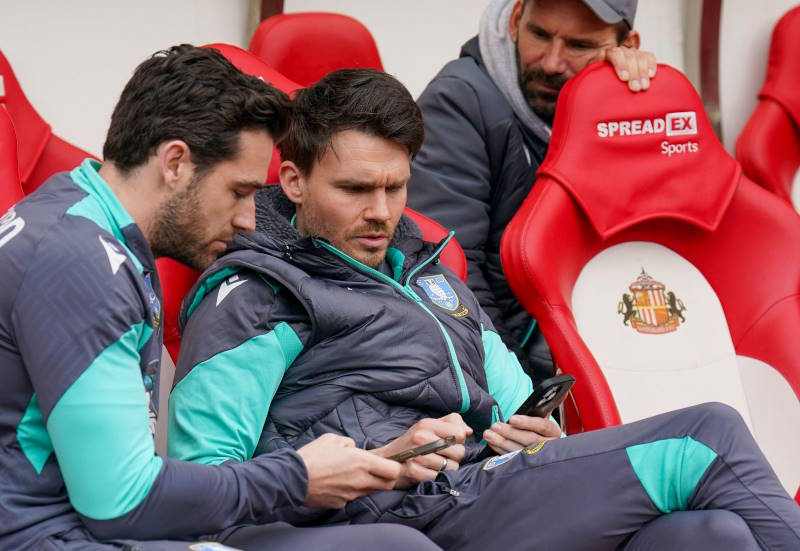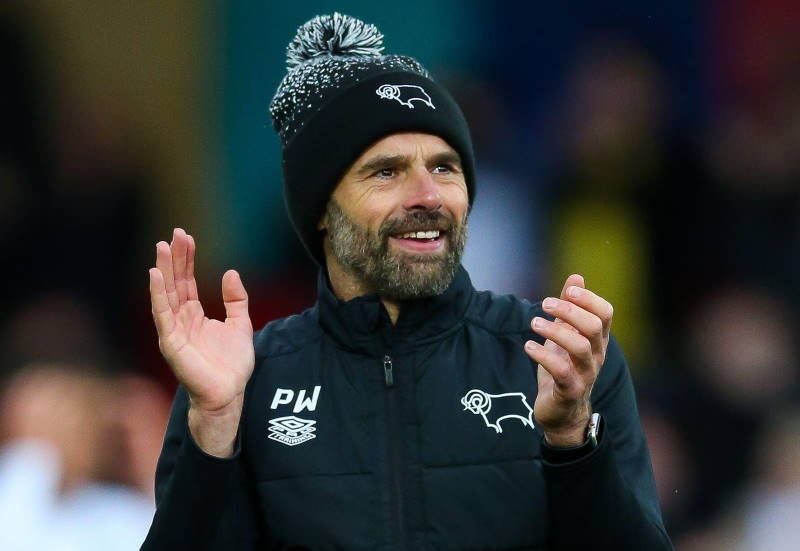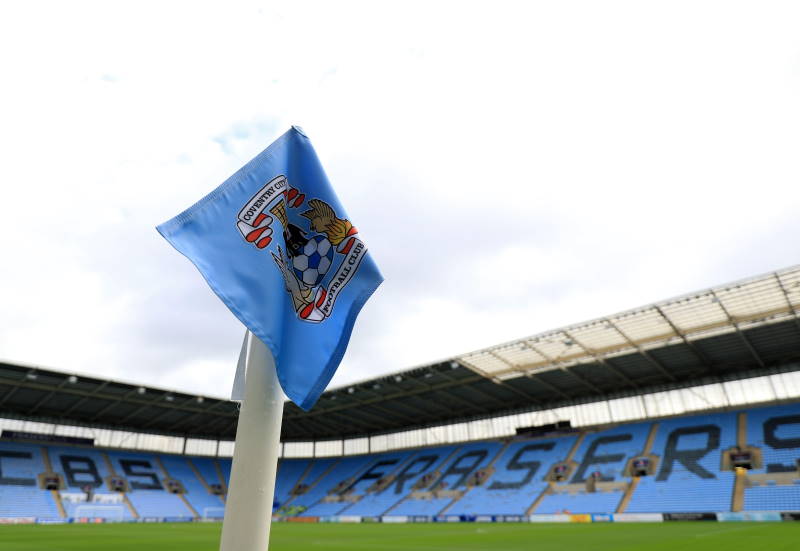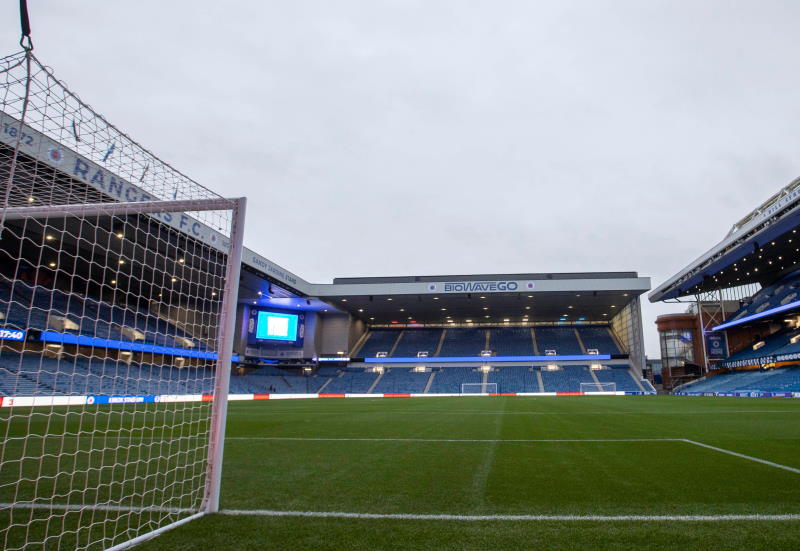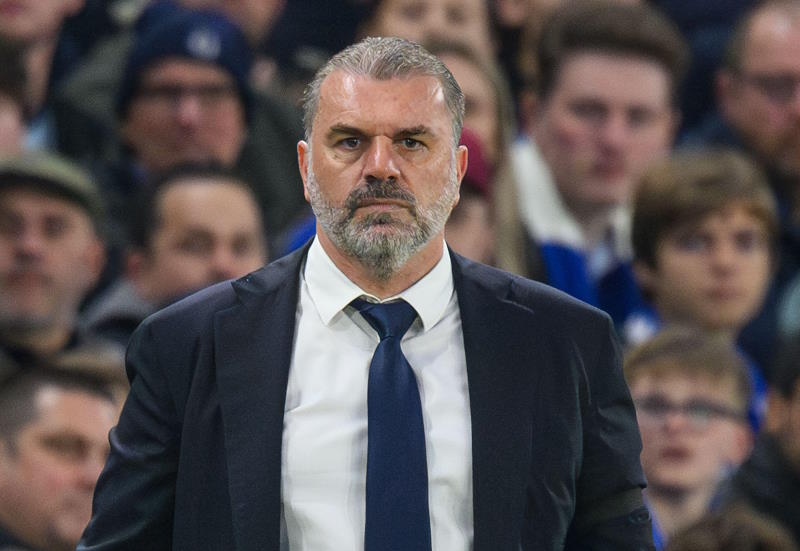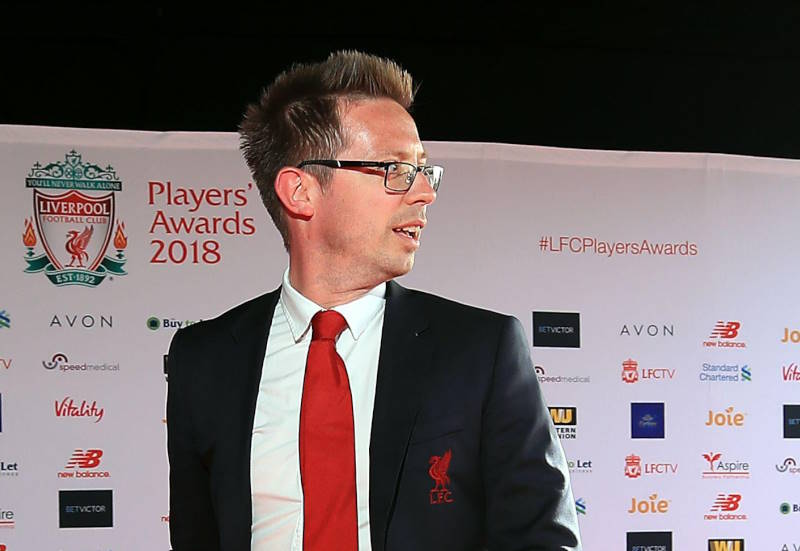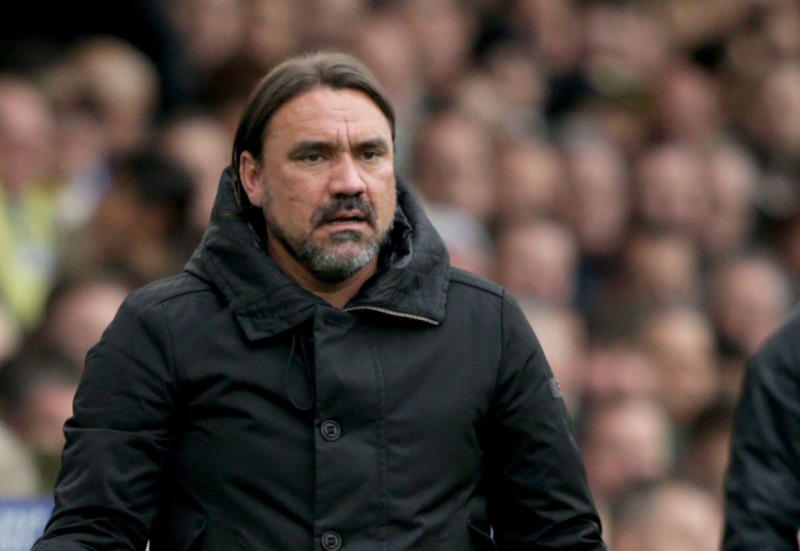Nick Dorrington
Luiz Felipe Scolari will no doubt be disappointed after seeing his time at Chelsea come to a premature end last week, but his relative failure to perform should not come as much of a surprise. Historically, South America’s most exulted coaches have struggled to transfer their success at home into Europe – and this has been especially true in recent years.
If anyone could then Scolari would, on paper, have been one of the best qualified to do so. With a World Cup win with Brazil in 2002 and two Copa Libertadores – South America’s Champions League – triumphs to his name, he had a history of success before moving to Stamford Bridge. Spells in Kuwait, Saudi Arabia and Japan also indicated that he wasn’t ignorant of other cultures, and he had done a good job in his five years in charge of the Portuguese national team.
However, none of that would have prepared him for the Premier League and a squad that comprised of thirteen different nationalities and eight different native tongues when he first pulled up at their Cobham training facility in July of last year. To a manager used to dealing with teams almost entirely made up of players from one region, the problem of balancing the wants and needs of such a diverse squad would have been entirely alien.
When Scolari first took charge of Portugal, he noted that his booming religious-themed team talks from his time in Brazil didn’t have the same motivating effect on players brought up to speak the same language, but with different spiritual leanings. It took him time to adapt his motivational techniques to his new charges, but he was eventually credited with doing what so many of his predecessors had failed to do, in creating a genuine camaraderie within the squad.
To adapt in such a way takes time, something that Scolari clearly had little of at Stamford Bridge. It seems he was aware that he wasn’t quite getting the best out of his players, but hoped he could increase his influence with time. “… my relationships with the players are good on the pitch. It is true that they are not the same as the relationships I had with my players in Portugal, but I spent five years there,” he told France Football less than a week before his dismissal.
One of his major frustrations appears to have been the reluctance of the players to let him into their personal lives, in order for him to get a window into their motivations, both on and off the field. "It was easier in Brazil. I knew everything about the players. Here, I don't have a family relationship with the players. Everything is on the pitch. Outside, there is nothing.”
To a coach who had built much of his success on fostering good team spirit, it would have been understandably confusing to see such a lack of co-operation from the playing staff. But it wasn’t just the motivational side of English football that Scolari struggled with. The hectic fixture schedule gave him little time to adjust the tactical makeup of his side once teams cottoned on to his use of the full-backs to provide width further up the field. “We don't have time to work tactically, because there are so many matches in this country… We only have 15 minutes here, 10 minutes there to work on that and it is not enough.”
These factors have also made life difficult for previous coaches that have attempted to cross the divide between South America and Europe, with a number of high-profile trainers not given the necessary time to make a successful adaptation to the European game.
Carlos Bianchi, Boca Juniors’ most successful coach in history and a winner of four Copa Libertadores titles, was unable to see out even a season at either AS Roma or Atletico Madrid. Vanderlei Luxemburgo, a highly revered coach in Brazil, lasted less than a year at Real Madrid, despite a promising start at the Bernabeu. In fact, he holds the record of the best winning percentage for any South American coach in Spain in the last 25 years and was still not given the necessary time to make his mark.
Manuel Pellegrini, currently of Villarreal, is second in that list, and he is the rare exception to the disappointing plight of most coaches from the continent that make their way to Europe. Given time by a patient board of directors at El Madrigal, he has built two successful sides on a fairly modest budget, allowing the Yellow Submarine to compete with Spain’s more established teams in his five years at the club.
Patience is certainly something that Scolari was afforded little of by Roman Abramovich. But it is good to see that he has not been deterred and intends to stick around in England, become more accustomed to the football and culture, and make another tilt at the Premier League next season. Should he pitch up at a side willing to back him in the transfer market and give him time to get things right then there is every chance he could succeed. If not, then he will just be remembered as another example for the argument that South American coaches cannot hack it in Europe.

